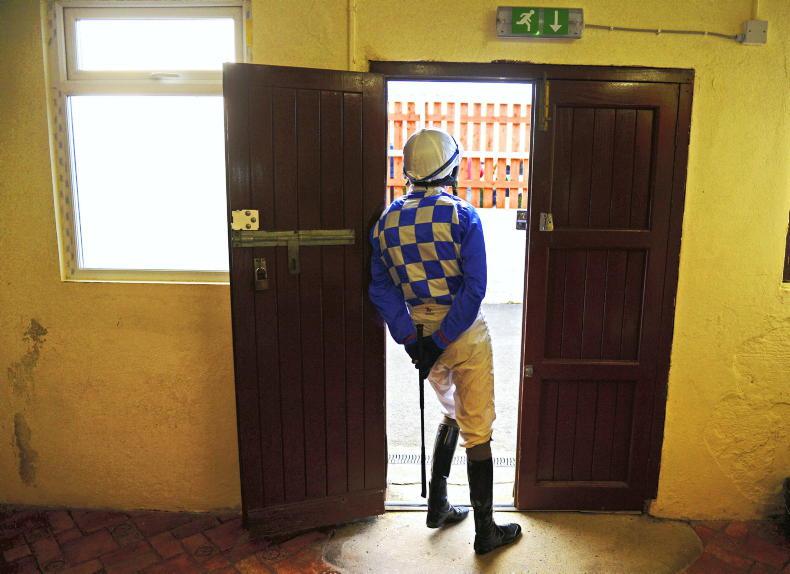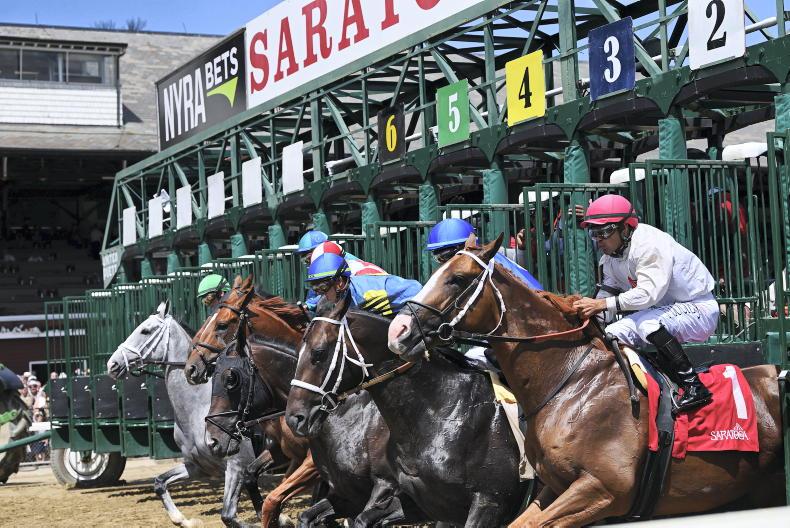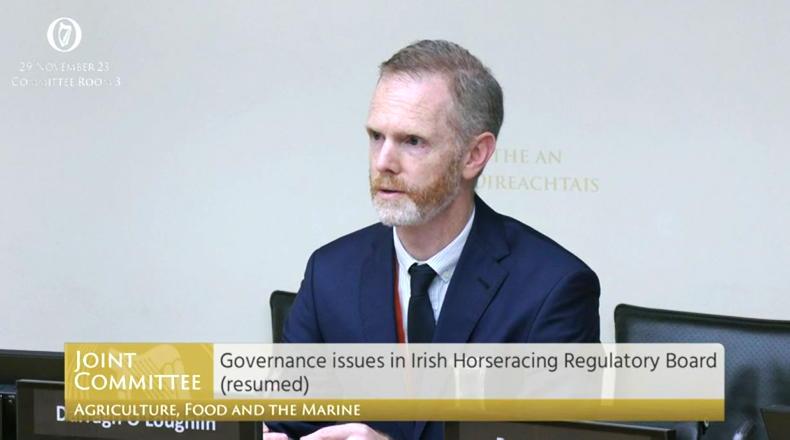AFTER the persistent negative publicity, questions, headlines, and Senate appearances over the last year and a half, a few recent investigations, made public by the IHRB, make you wonder if all racing professionals are taking the whole thing as seriously as they should.
“Smoke and Fire” was one of the headlines on the four-page Sunday Independent “investigation” into drugs in Irish racing early this year. No smoke without fire was the innuendo – ”The Truth Is Out There”. Well, they found remnants of a fire alright but it had gone out!
Horse welfare and performance enhancing drug use have been the two negative headlines that plagued racing over the last few years.
It’s always to racing’s credit that it is a tight-knit ship and generally – as we have seen on many occasions – rallies round those who fall on hard times to injury or illness. But it serves no good in the long run to ignore blatant rule breaches. Offers of support to trainers under investigation should be put in context.
A closed shop, ‘who? me?’ attitude does not help anyone in the wider scale of things. In the long term, no one benefits from racing lying under a cloud of suspicion.
In the light of the specifics of the Kieran Cotter investigation, you wonder how many of those trainers who spoke out through last year, saying ‘come have a look, I’ve nothing to hide’ or ‘I’ve never seen anything to give concern’, now feel when they see such a blasé attitude to some of the basic requirements of holding a trainers’ licence. And those too who spend time and effort keeping their records in order.
And if trainers feel they are under suspicion if they improve horses or go on a run of form, incidents like this investigation are not likely to help dismiss suspicions.
The IHRB report noted no results of concern were returned from any of the horses tested in Cotter’s yard but it was noted:
Such supplements are currently permitted for use in horses in training, but detailed advice has been published both by the IHRB and the IFHA relating to the necessity to leave enough time between their use and race day.
It would have made sense for a trainer to record those bottles on the premises that were of concern which had been used, for the trainer’s own benefit! Ruby Walsh noted as much on RTÉ Racing on Saturday - “you have to keep a medical register to prove your innocence.”
This spotlight doesn’t leave the authorities untouched either, in respect of keeping everyone in line as the findings showed:
They noted that it was an extremely aggravating aspect of this case that no Medicines Register had been maintained for a number of years prior to February 2021 by Mr. Cotter, either in respect of this particular horse, Slade Runner, or in respect of any other horse in his care.
Number of years? This doesn’t suggest ‘negligent’ trainers will be in fear of immediate discovery, nor does it offer huge confidence in the pursuit of anyone who might attempt to break the rules.
There were excuses offered for the items found on the fire and no results of concern were returned from any of the horses. But such a casual approach to medicines seems barely believable, considering the scrutiny and publicity the sport has been under in the last two years, and the number of trainers who spoke out, in effect dismissing what Jim Bolger had originally insinuated.
It would surely be something in defence to have records of when and what was given to a horse and be an aid, to be certain that a suitable withdrawal period had been allowed, and make it less likely for accidental miscalculations.
The Referrals Committee summary in another recent case involving trainer Paddy Hayes noted: This committee is extremely conscious of the need that the reputation of horse racing in this country must be maintained as a priority, not just for the good of horse racing itself but for the good of the people who rely upon horse racing as a source of livelihood.
Sometimes you do think that racing doesn’t do itself any favours in preventing many of the negative headlines.


 This is a subscriber-only article
This is a subscriber-only article
 It looks like you're browsing in private mode
It looks like you're browsing in private mode










SHARING OPTIONS: